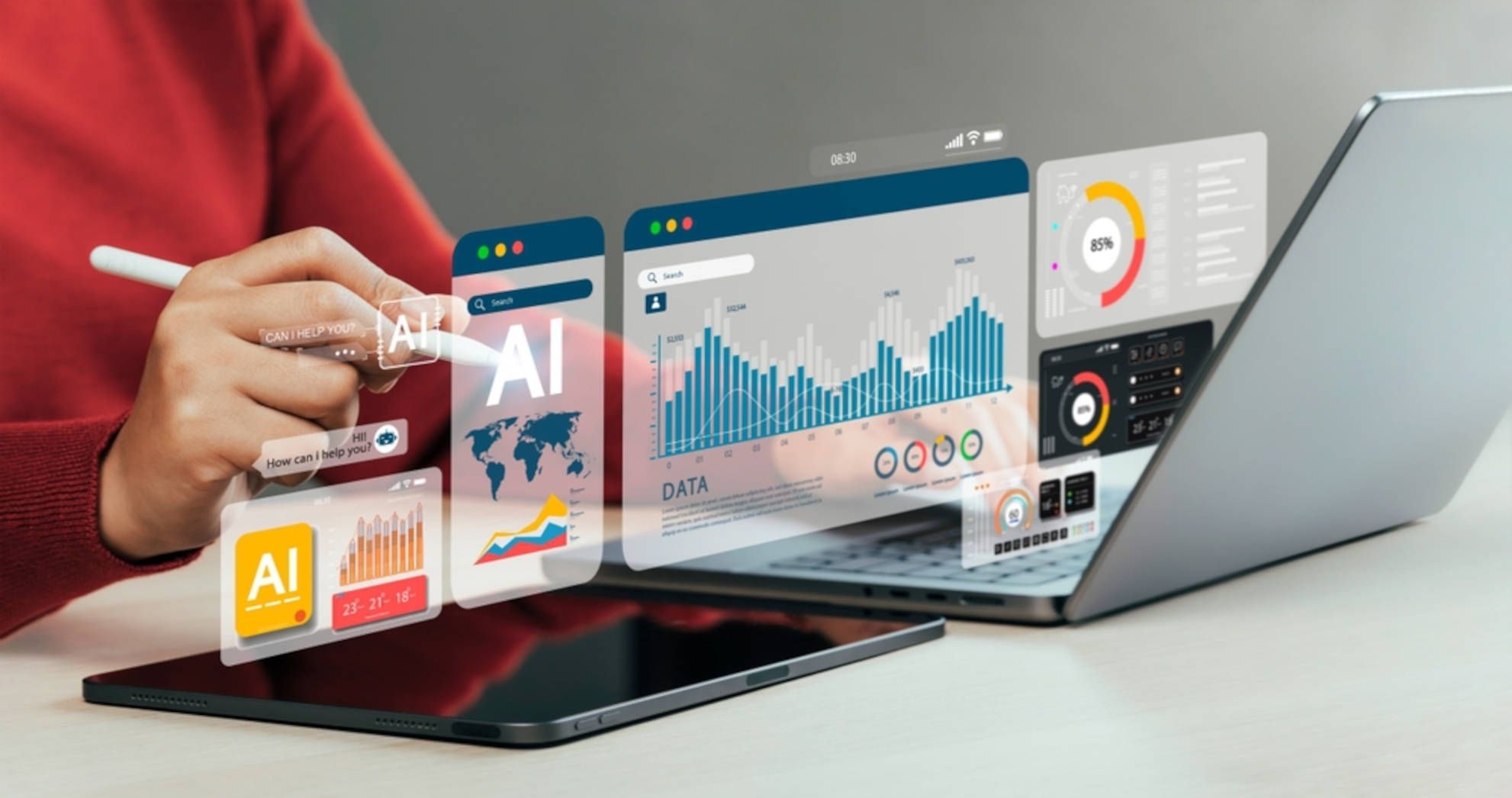

AI-Powered Software Development: Automating Code with Machine Learning


Dennis Valverde
CCO
Artificial intelligence (AI) and machine learning (ML) have revolutionized numerous industries recently, and software development is no exception. The advent of AI-powered tools is transforming the traditional ways of coding, automating processes, and providing insights that significantly enhance both efficiency and quality in software creation. This blog post delves into the intricacies of AI in software development and explores how machine learning facilitates code automation, ultimately reshaping the tech industry's future.
The Role of AI in Software Development
AI technologies are now a part of every stage of the software development lifecycle, from coding and testing to deployment and maintenance. By leveraging advanced algorithms, AI can analyze large data sets and identify patterns, leading to more intelligent code generation and modification. This reduces developers' time on repetitive tasks, allowing them to focus on more complex problem-solving aspects.
One notable application of AI in software development is code suggestion and completion. Tools like GitHub Copilot use machine learning models trained on vast amounts of code to provide developers with intelligent suggestions and auto-completion. Such tools act as an augmented partner to coders, offering contextually relevant recommendations based on the complexity of the current task.
Machine Learning and Code Automation
Machine learning goes a step further by enabling adaptive learning through experience. It introduces the concept of "learning to code," where ML algorithms can optimize code construction and refactor legacy code without human intervention. This is particularly beneficial in large projects where maintaining and updating code can become arduous. An ML model can identify inefficient code, propose upgrades, and suggest improvements based on real-world performance metrics.
Moreover, automated testing using AI-driven processes allows faster and more reliable software validation. Machine learning algorithms can generate test cases, detect anomalies, and even predict the potential outcomes of code modifications, which reduce bugs and enhance the overall software quality.
Benefits of AI-Driven Development
Adopting AI in software development offers numerous advantages that can significantly impact productivity and innovation. Key benefits include:
- Increased Efficiency and Speed: Automating mundane coding tasks frees up developer time, allowing quicker project completion without compromising quality.
- Enhanced Code Quality: AI can predict errors and suggest corrections before they propagate through the system. This preemptive approach leads to cleaner, more reliable code.
- Scalability: AI models excel at handling vast amounts of data and can scale development efforts across large teams, ensuring consistent code quality and performance across projects.
- Cost Reduction: By having AI handle repetitive tasks, companies can optimize their resource allocation, reducing the need for extensive human intervention and lowering operational costs.
- Continuous Learning and Adaptation: AI systems are inherently designed to learn over time, gaining insights into patterns and behaviors that human developers might overlook, hence continually optimizing their operations.
Challenges and Considerations
While the benefits are considerable, integrating AI into software development has challenges. Concerns around data privacy, security, and the potential biases of machine learning models need to be addressed. Furthermore, developers accustomed to traditional coding methods may resist, fearing AI could replace their roles.
However, AI's role is not to supplant developers but to enhance their capabilities. Using AI as a collaborative tool, developers can achieve higher levels of creativity and innovation, leveraging automation for routine work while focusing on complex problem-solving.
The Future of AI in Software Development
As AI technologies evolve, their integration into software development processes will likely deepen. Future advancements could see AI taking on more sophisticated tasks, such as automatically generating entire software systems based on verbal instructions or high-level specifications. This would potentially lower the barrier to entry into software development, democratizing the ability to create sophisticated applications.
Moreover, AI could facilitate better collaboration across multicultural teams by transcending language barriers and providing universal code-generation tools that understand varied programming dialects and standards.
In conclusion, AI-powered software development stands at the frontier of a transformative era. Automating code with machine learning makes software development more efficient, adaptive, and innovative. In embracing these technologies, the industry can look forward to unprecedented opportunities and a future where human creativity is augmented, not replaced, by artificial intelligence.
Let's meet and talk
We're here to help you accomplish your projects. Ask us anything, or schedule a call.
Let's meet and talk
We're here to help you accomplish your projects. Ask us anything, or schedule a call.
See_


Dennis Valverde
CEO


Dennis Valverde
CEO


Dennis Valverde
CEO